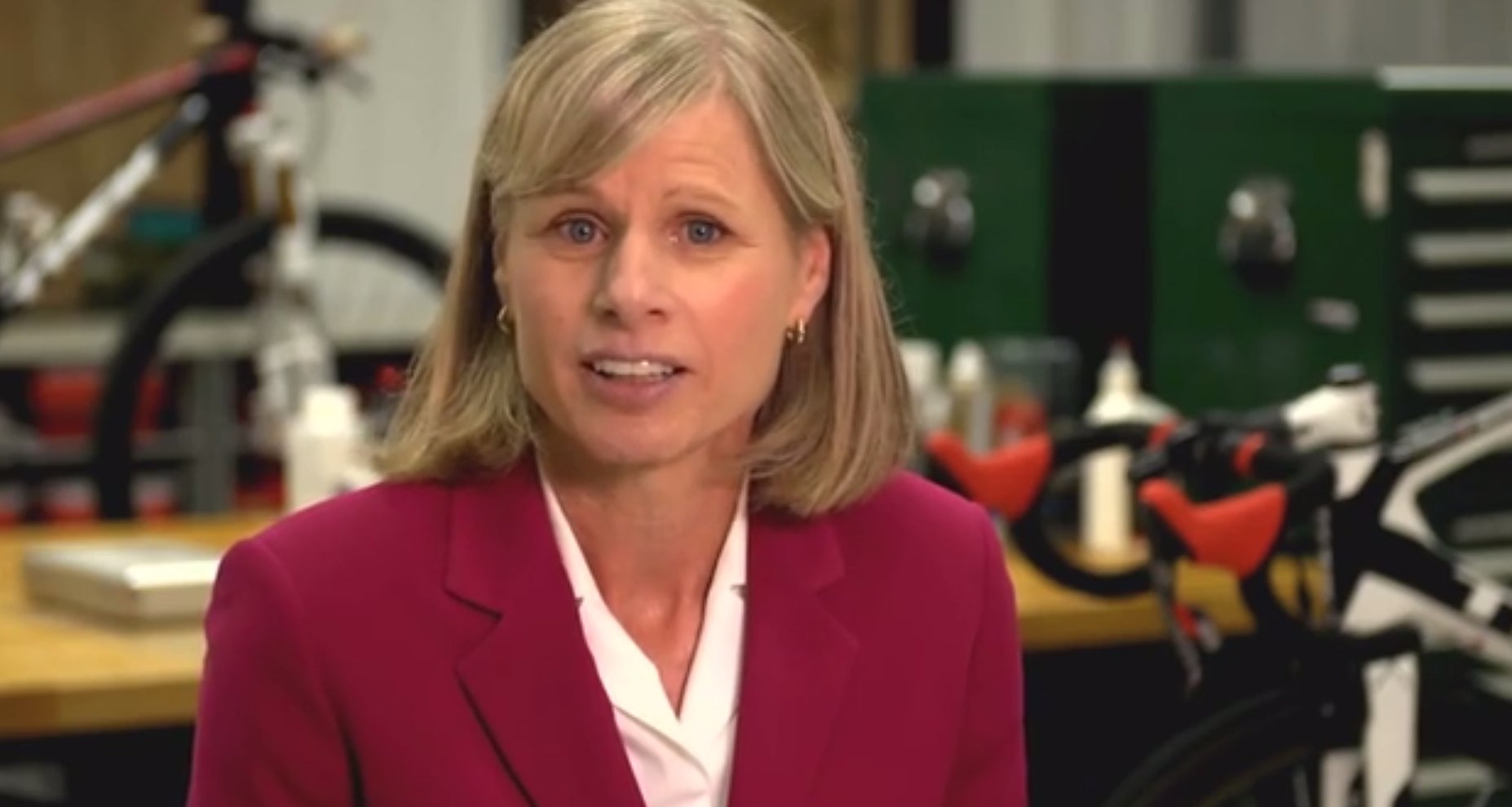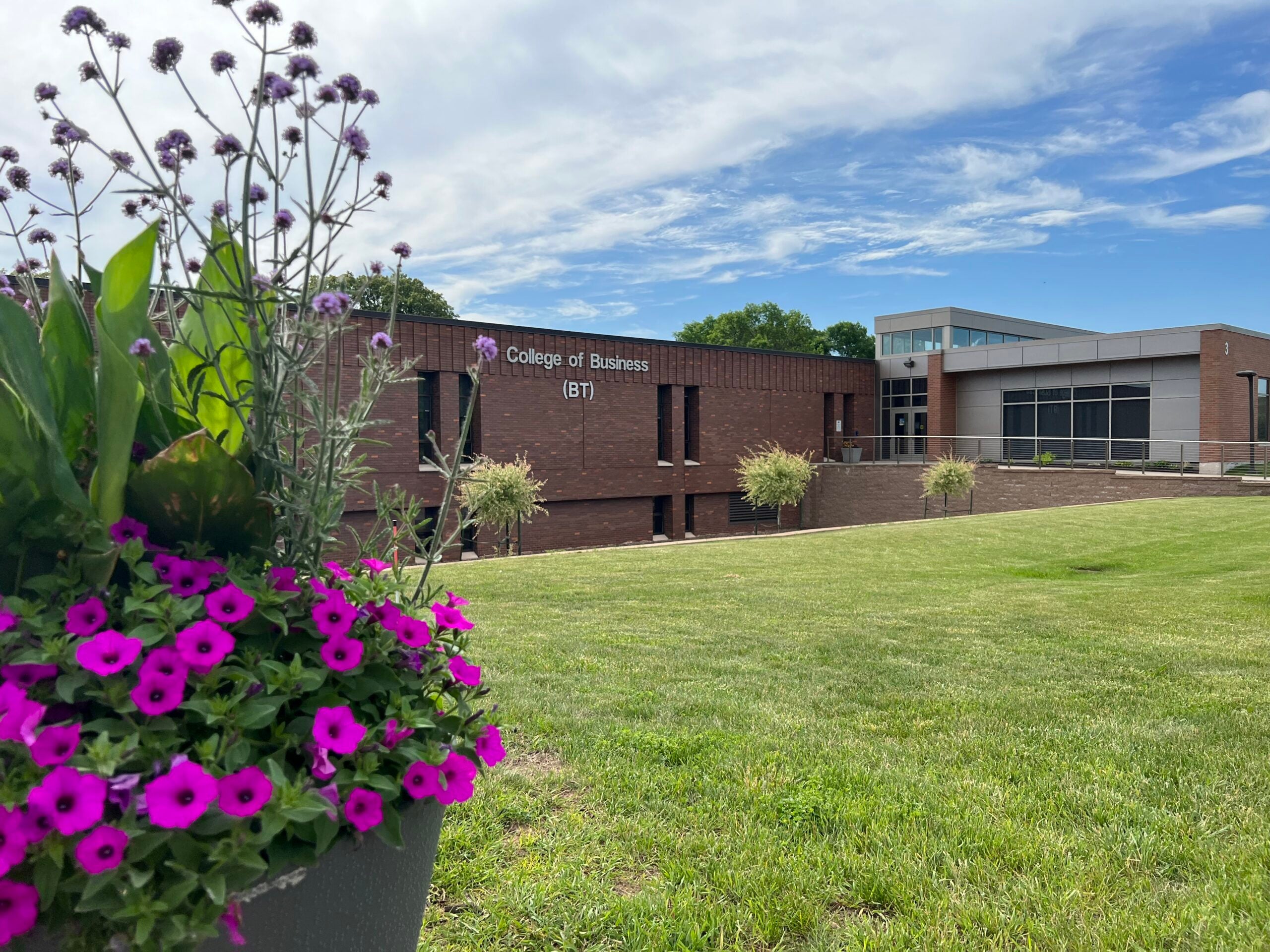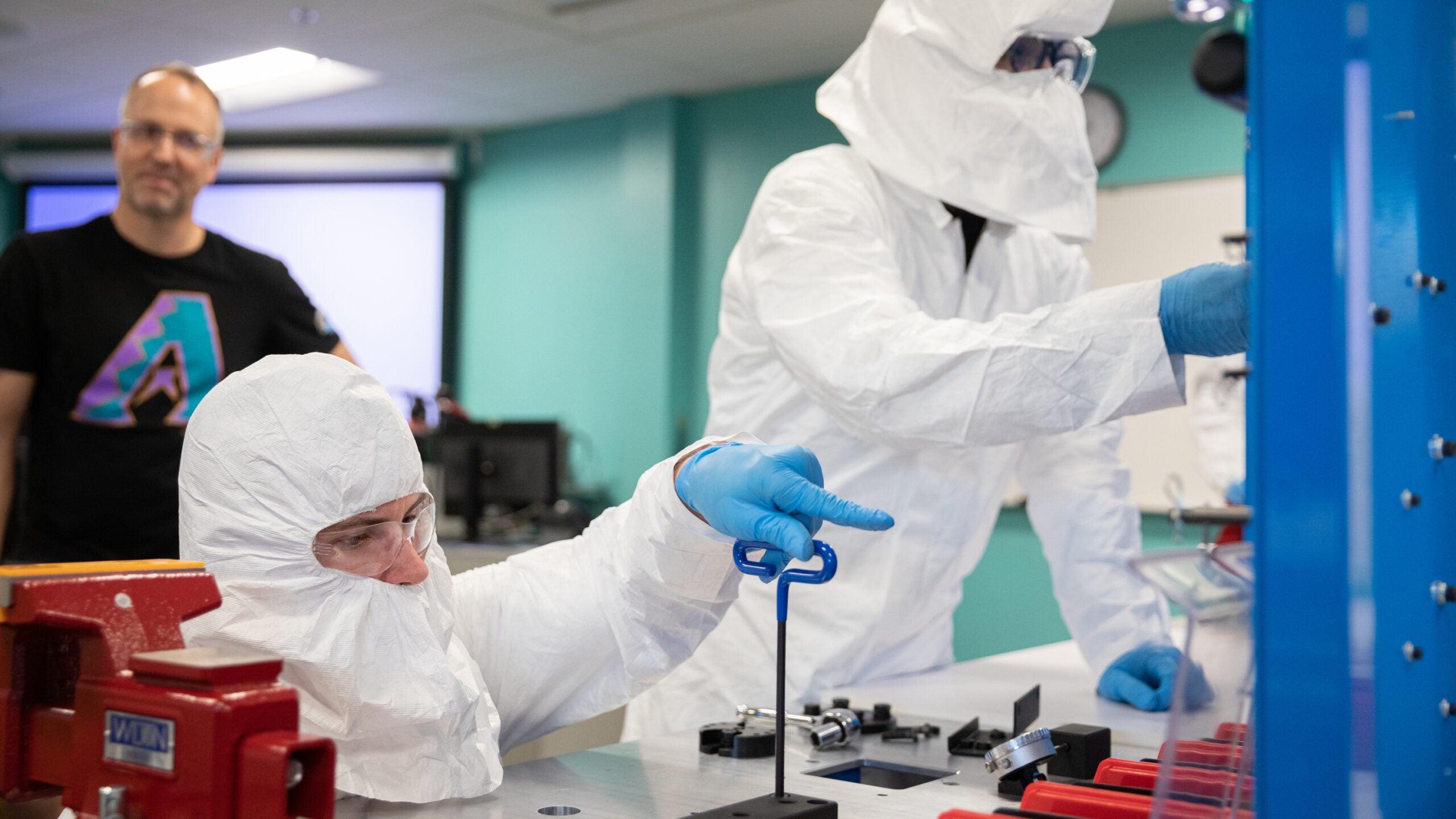Gov. Scott Walker’s Democratic challenger took her jobs message to northeastern Wisconsin Thursday. She says the Republican incumbent isn’t doing enough to spur job creation.
Mary Burke’s tour brought her to Northeast Wisconsin Technical College in Green Bay.
In March, Burke released a plan called Invest for Success. It outlines five steps she would take as governor to build industries. She says Walker’s approach has instead focused too much on giving tax breaks or grants to individual companies.
Stay informed on the latest news
Sign up for WPR’s email newsletter.
“I do have Gov. Walker’s jobs plan right here. This is four pages. This (Burke’s plan) is 40 pages,” she said. “I really think that’s the difference between having political sound bites with unfulfilled promises versus a plan that is about tactics and strategies that’s going to move Wisconsin forward.”
Burke says the most important aspect of her plan is workforce development. She says Wisconsin needs to invest more in education.
Walker has enacted a program called Wisconsin Fast Forward. It will invest up to $15 million in grants for job training. Burke, though, isn’t impressed.
“It’s not enough. We need to do a lot more,” she said.
“This report outlines that Wisconsin needs to have 670,000 more certificate and degree holders by 2025. This is going to make a need for our education system to align completely with our workforce development needs. That can be our K-12 system, our technical colleges, and universities have to be a lot bolder and bigger than it is now,” she went on.
Burke is referencing a report included in her Invest for Success plan. The study is by Lumina Foundation that projects fewer than half of Wisconsin adults will have a technical college or university degree by 2025. By that time the numbers predict the market will demand a degree from at least 60 percent of workers.
Wisconsin Public Radio, © Copyright 2024, Board of Regents of the University of Wisconsin System and Wisconsin Educational Communications Board.





